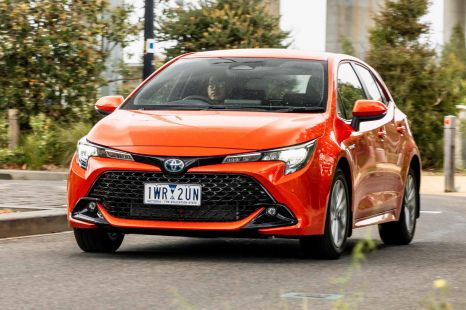

Max Davies
2025 Toyota Corolla SX review
5 Days Ago
Europe’s tariffs on Chinese electric vehicles have been announced – and it’s gone softer on brands it deems to have assisted its ongoing investigation.

Contributor


Contributor
Europe has followed through on its threats by imposing additional tariffs on Chinese electric vehicles (EV) in an attempt to protect its own manufacturing industry – but the application of the trade levy isn’t consistent across all brands.
Reuters reports the European Commission announced the tariff increase overnight, which ranges from a 17.4 per cent to a 38.1 per cent increase, in addition to the existing 10 per cent tax on all imported vehicles.
Unlike the US, which recently introduced a 100 per cent tariff on all Chinese EVs (on top of its 7.5 per cent vehicle import tax), Europe’s levy is manufacturer dependent.
See below for a list of the Chinese brands and their respective tariffs in Europe.
| Brand | Tariff |
|---|---|
| SAIC Group (MG, Maxus/LDV) | 38.1 per cent |
| Tesla | 21 per cent (only for Chinese-made EVs) |
| Chery | 21 per cent |
| Dongfeng | 21 per cent |
| Great Wall Motor (GWM) | 21 per cent |
| Leapmotor | 21 per cent |
| Nio | 21 per cent |
| Xpeng | 21 per cent |
| Geely | 20 per cent |
| BYD | 17.4 per cent |
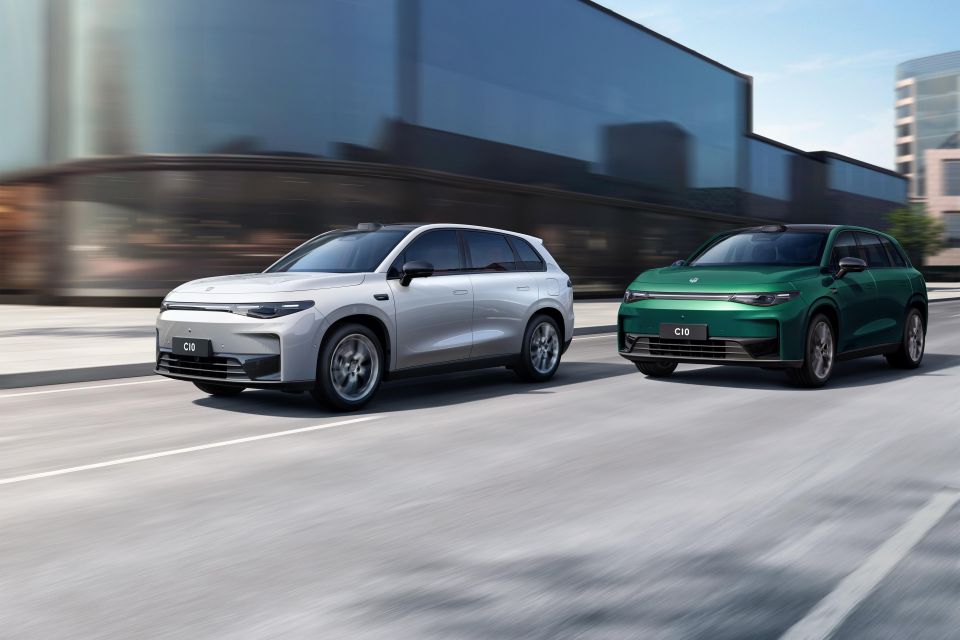
The European Commission’s tariffs on Chinese EVs are due to be introduced on July 4 and could be retroactively applied for three months, though this is reportedly yet to be determined.
According to the publication, the difference in tariff rates is dependent on which manufacturers have assisted with the European Commission’sprobe into whether Chinese carmakers have been given a leg-up from the country’s government through subsidies.
This probe is reportedly due to conclude on November 2, with the results to be announced in the following weeks.
Tesla has requested a separate tariff rate, in part because only its Model 3 electric sedan is made in China for the European market.
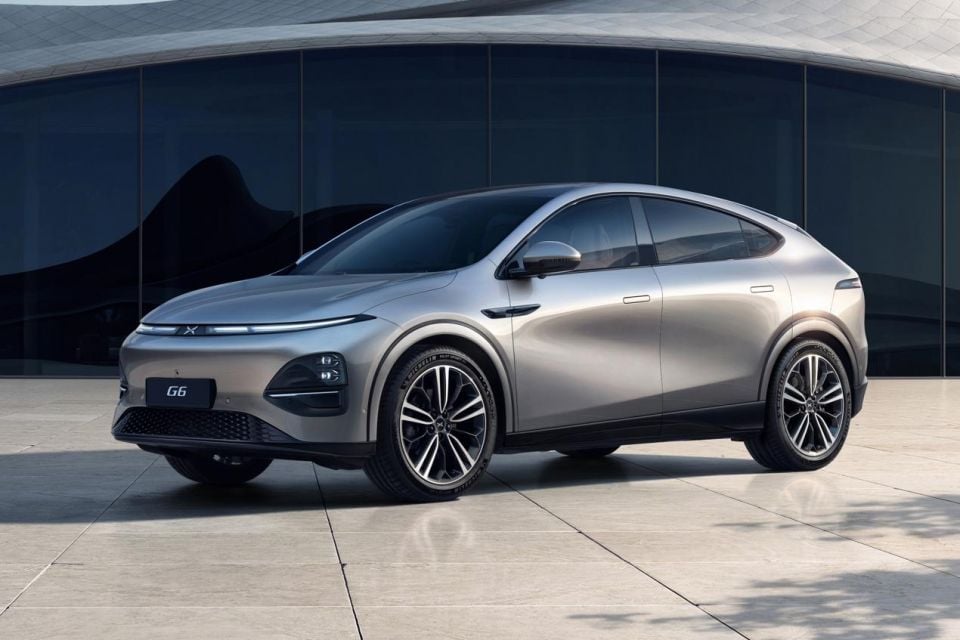
In response to the tariffs, Chinese Passenger Car Association Secretary General Cui Dongshu said the levies would have little impact on its manufacturing industry’s European expansion.
“The EU’s provisional tariffs come basically within our expectations, averaging around 20 per cent, which won’t have much of an impact on the majority of Chinese firms,” Mr Cui told Reuters.
“Those exporting China-made EVs that include Tesla, Geely and BYD still have huge potential for development in Europe in the future.”
It’s worth noting that many of the aforementioned Chinese brands impacted by the tariffs have previously announced their intentions to open European factories, which would bypass the trade barriers.
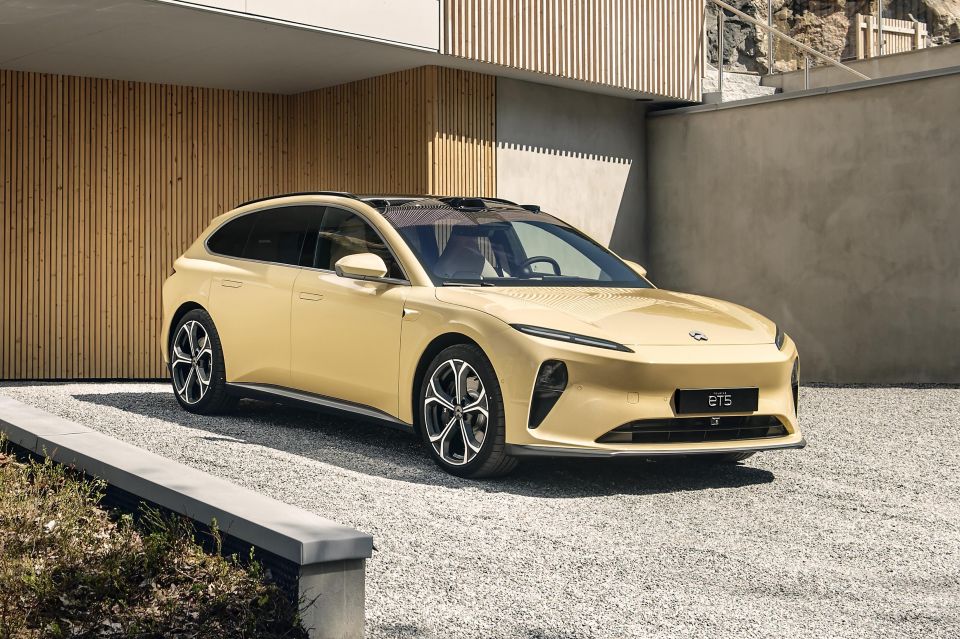
Last month, a major Chinese car industry lobby group signalled its intention to introduce a 25 per cent tariff on certain vehicles from Europe and the US in response to the two regions’ respective levies on its EVs.
“We suggest that based on the actual situation of China’s auto consumption and WTO rules, China should promote green and low-carbon car consumption through short-term and long-term measures,” Liu Bin, deputy director of China’s Automotive Strategy and Policy Research Centre, told China’s Global Times.
“In the short term, we suggest raising the temporary tariff rate on imported sedans and sport utility vehicles (SUVs) that have engines larger than 2.5 litres, so as to reduce imports and guide consumption expectations.”
China currently places a 15 per cent tariff on European-sourced cars, however numerous European carmakers are set up in the nation through joint ventures with local manufacturers.
MORE: How Europe wants to punish Chinese carmakers MORE: Europe’s influx of affordable Chinese electric cars causes political flashpoint MORE: China fires back in tariff war with Europe and US MORE: Tariffs on Chinese EVs will make ‘everyone poorer’ – Germany
Born and raised in Canberra, Jordan has worked as a full-time automotive journalist since 2021, being one of the most-published automotive news writers in Australia before joining CarExpert in 2024.


Max Davies
5 Days Ago
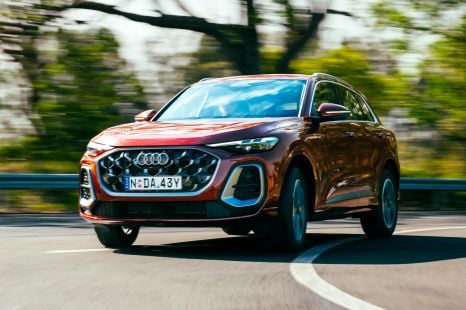

James Wong
4 Days Ago


James Wong
3 Days Ago
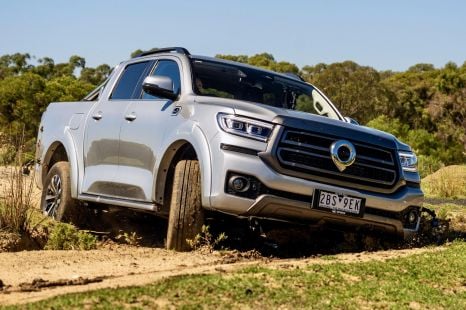

Max Davies
2 Days Ago


Max Davies
20 Hours Ago


Marton Pettendy
19 Hours Ago